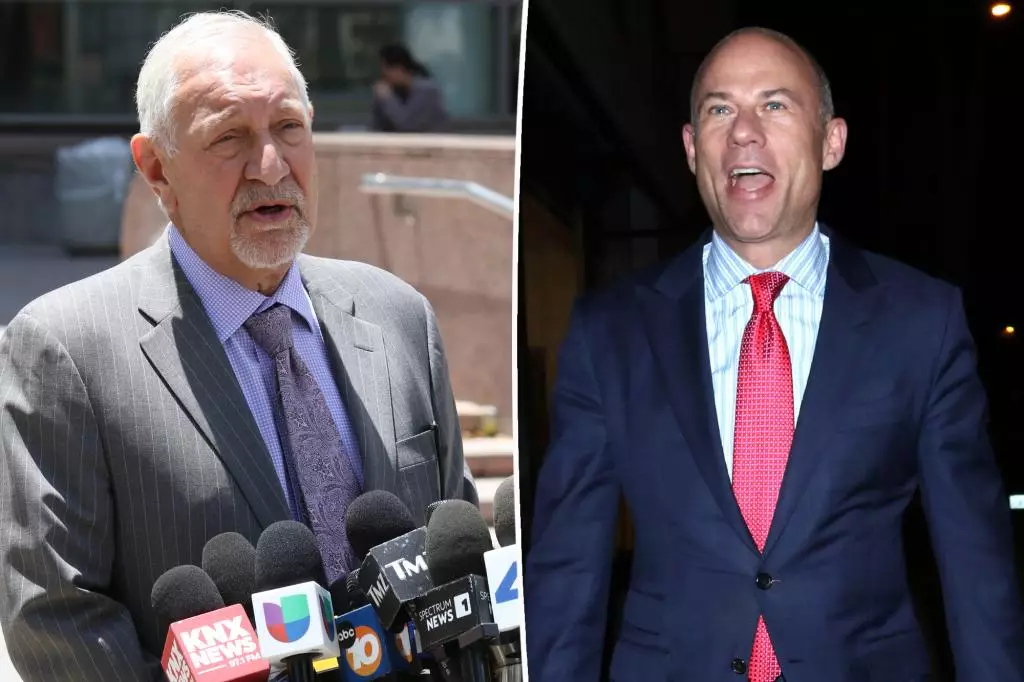At the heart of recent legal scandals lies a compelling narrative about the fragility of reputation among attorneys who project strength and invincibility. Mark Geragos, a figure once revered for his courtroom prowess and high-profile clientele, now faces scrutiny that threatens to tarnish his legacy. His involvement in a morally questionable case, where he was found to have provided “substantial assistance” to a disgraced lawyer engaged in criminal acts, underscores the peril of professional hubris. Such cases reveal that even the most revered legal personalities are susceptible to ethical lapses that, when exposed, diminish public confidence. The veneer of legal omnipotence crumbles when scrutinized through the lens of morality, exposing the thin line separating advocacy and complicity.
The Dangerous Game of Power, Influence, and Ethical Breach
The courtroom revelations involving Geragos and Michael Avenatti illustrate a broader issue within the legal industry: the seductive allure of power and influence. Avenatti’s infamous blackmail attempt against Nike, coupled with Geragos’s alleged complicity, underscores how the pursuit of victory can sometimes override legal integrity. The jury’s findings—that Geragos knowingly aided wrongful conduct—highlight systemic flaws where attorneys might prioritize strategic alliances over moral responsibilities. This case illuminates how influence can distort ethical standards, allowing even seasoned professionals to justify questionable actions under the guise of zealous representation. Such behavior not only undermines justice but also erodes the foundational trust that legal systems depend upon.
Accountability: The True Measure of Professional Integrity
While defenders like Geragos argue their actions were not a “substantial factor” in causing harm, the civil verdict sends a clear message: ignorance or plausible deniability do not absolve one of responsibility. The civil court’s decision distinguishes between unintentional oversight and active complicity, emphasizing that professional integrity demands more than just adherence to superficial standards. For the legal community, this case is a stark reminder that accountability must be uncompromising, especially for those entrusted with the court’s authority. A lawyer’s influence should be wielded with conscience, not merely to secure victories, but to uphold the integrity of the legal profession and safeguard societal trust.
The Broader Impact on Justice and Public Perception
Beyond individual careers, the implications of this scandal ripple into the broader perception of the justice system. When high-profile attorneys engage in ethically questionable conduct and evade criminal repercussions while facing civil liability, the public’s faith in legal fairness diminishes. The narrative surrounding Geragos and Avenatti serves as a cautionary tale—highlighting that no amount of legal skill can fully shield one from moral scrutiny. It challenges both lawyers and society at large to reconsider what standards really matter: victory at any cost or unwavering commitment to justice. Ultimately, the case prompts a vital examination of the ethical compass guiding those who wield significant influence within the judicial landscape.

